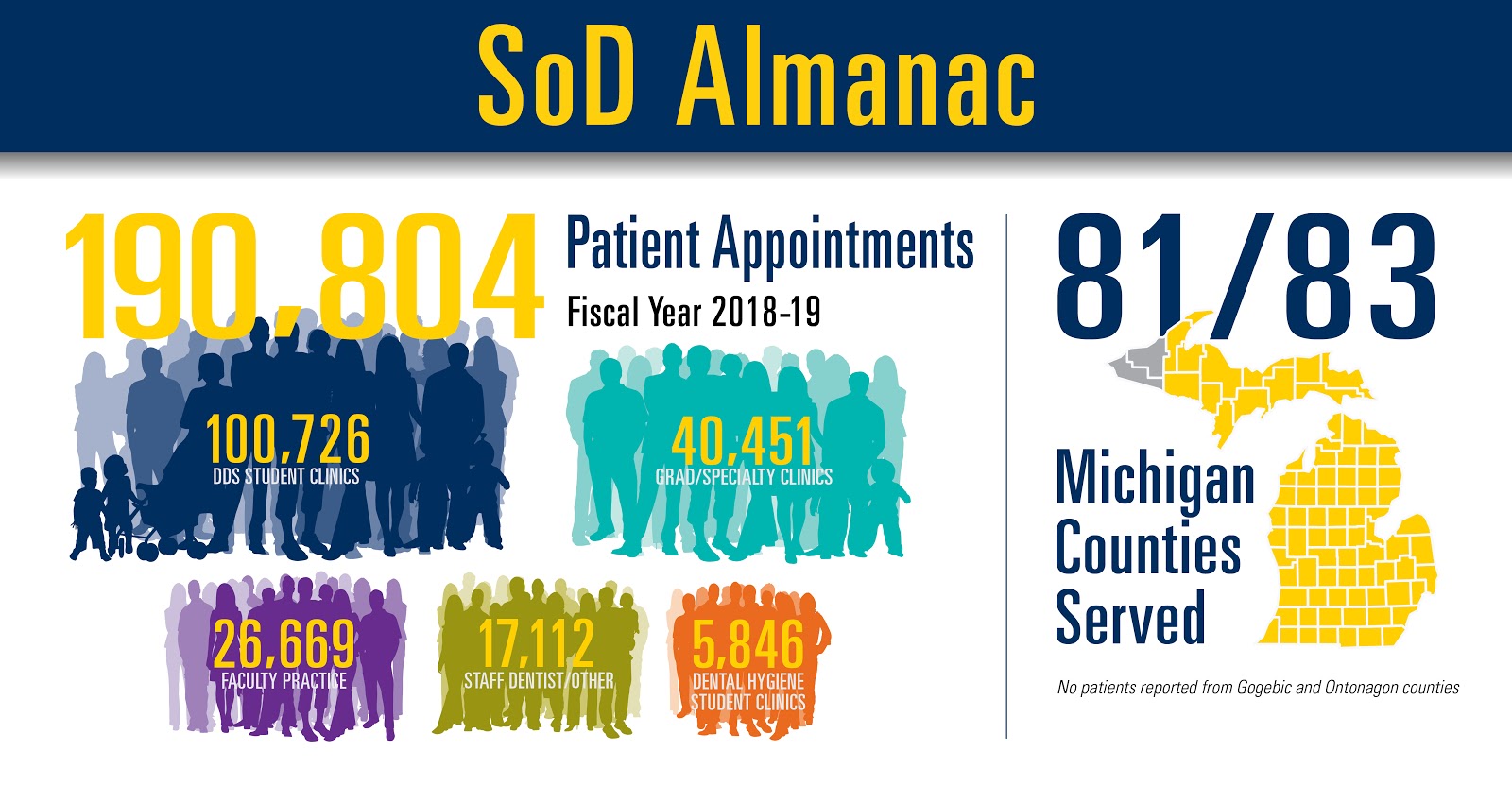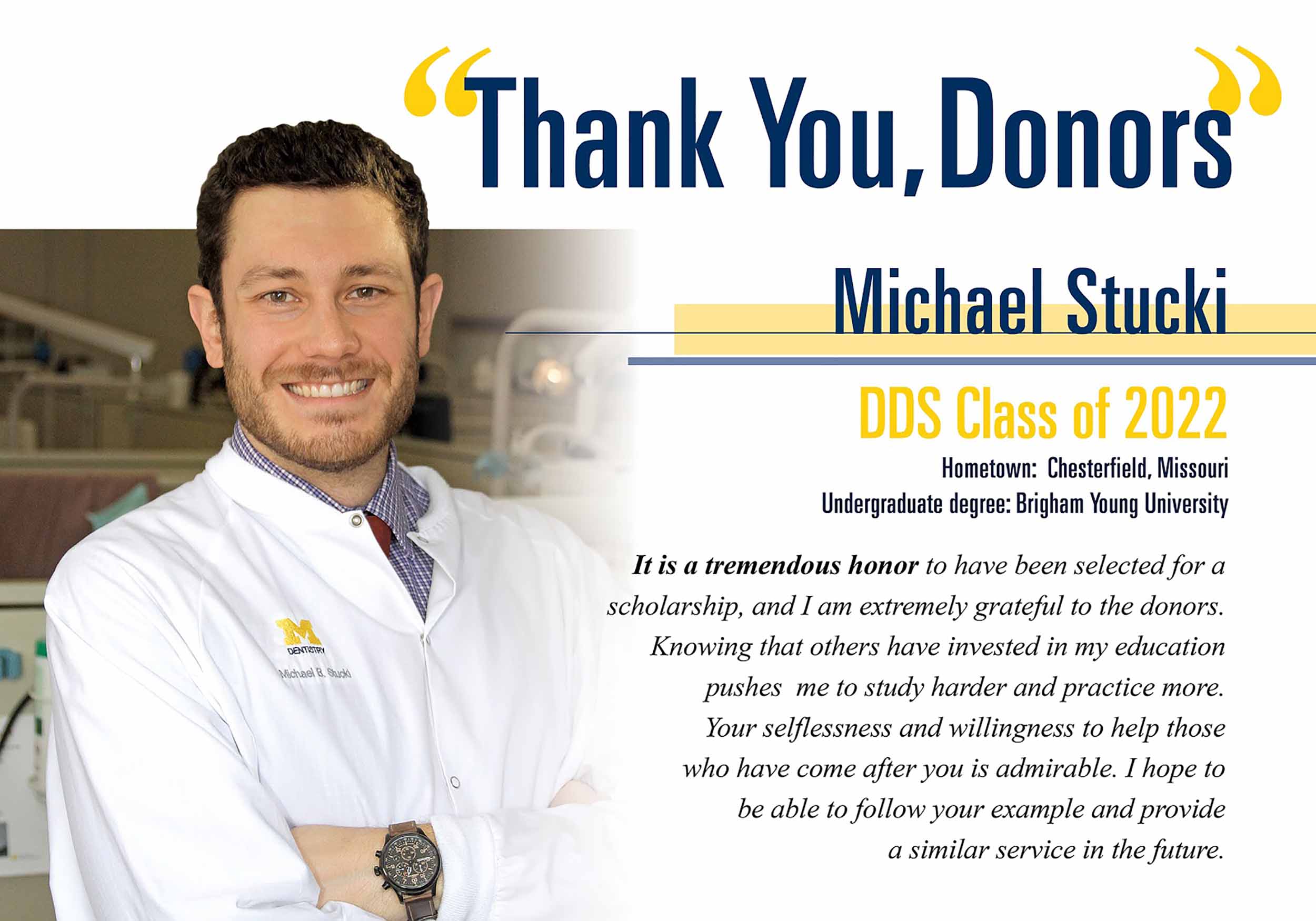Dental school advances discussion on racism and racial injustice
July 13, 2020
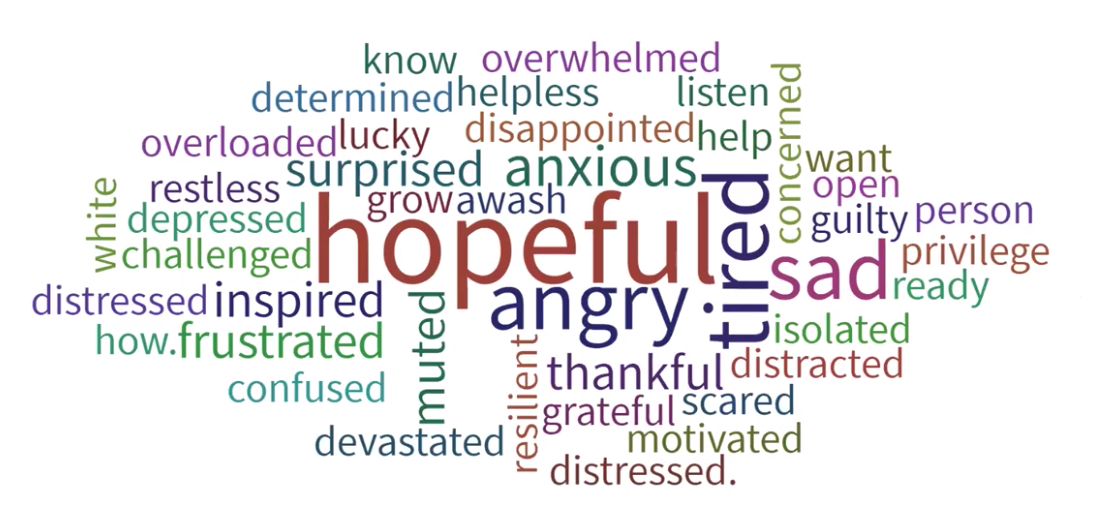
This word cloud is a compilation of responses of participants who answered a real-time poll about how they were feeling at the start of the June 25 listening session on race and racial healing. Larger words indicate the most common responses.
The impact of racism and racial injustice on individuals, communities and society was the focus of the first in a series of schoolwide discussions organized by the School of Dentistry that will continue into the fall.
“A Listening Session on Race, Anti-Racism and Racial Healing” on June 25 drew more than 230 people from the dental school community for an online discussion related to the ongoing national conversation and protests over systemic racism and institutionalized violence against minorities in this country.
Organized by Dr. Todd Ester, Assistant Dean for Diversity, Equity and Inclusion, the session was led by Allison Manswell, an author and founder of Path Forward Consulting. The interactive, two-hour session featured real-time polling that allowed the students, faculty and staff who participated to share their experiences as Manswell posed questions about their backgrounds, feelings and history in the context of racism in their lives.
In opening the session, Ester called it “an opportunity for healing” the shock, anger and frustration that has grown since May 25 when the death of George Floyd in police custody in Minneapolis, Minn., galvanized massive national and international protests in support of the Black Lives Matter movement and an examination of current and historical racism and violence against people of color.
Ester noted the dental school’s longstanding commitment to diversity, equity and inclusion has included several cultural audits dating back more than 30 years, as well as regular schoolwide forums centered on “cultural competency” and similar topics. “Our community is still as strong as ever,” Ester said. “I am so happy to report that this is not our first time having a conversation about racial sensitivity and injustice. We have been doing work through our Multicultural Affairs Committee for many, many years – 25 to be exact. So we are thankful that we have a foundation to share, to grow and to learn together. I think it is so important to talk about racial healing when we talk about race because we are all impacted very differently.”
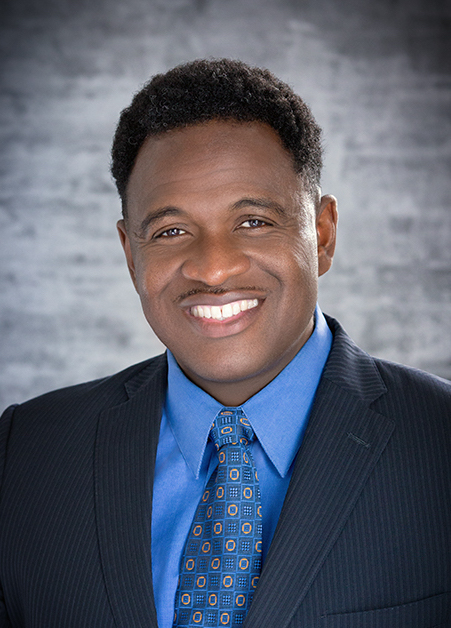
Dr. Todd Ester
Manswell said the purpose of the session was to “acknowledge this moment in history as impactful to our learning spaces” as well as to provide participants an opportunity to process their feelings and to think about how to move forward and continue to learn and work together. When Manswell polled participants at the start of the session to describe their feelings, the most common sentiment was “hopeful.” Also among the most expressed were “sad,” “anxious” and “tired.”
The session included common questions and themes Manswell has encountered in her years as a consultant and in her personal experiences as a Black woman. She said a frequent question she hears non-minorities express is some variation of “What can I do to help?” That goes to the practice of empathy and “the simple act of saying, I am sorry for this,” she said. Too many people are unsure of what to say to their minority friends and colleagues, so they say nothing. “The pain of what people don’t say can be heavy,” she said.
Gaining that broader support across society will be addressed in the second dental school session Manswell will host on “Creating Levels of Allyship” on Wednesday, July 29. A third session, “Charting Our Path Forward,” will be in September on a date to be announced.
As the initial session concluded, Manswell again polled participants about how they were feeling after two hours of listening and contributing to the discussion. Among the answers: Hopeful. Tired but energized. Inspired. Encouraged and supported. Appreciative. Heard. Calmer. Added one participant, “I hope we hold each other accountable as colleagues.”
Ester said such discussions are important because they emphasize that each person needs to think about race in the context of their own background, history and racial upbringing. “Racial healing gives us that moment to say I need to heal from this conversation, I need to heal from this place. And it requires all of us to pause and to think about how we heal together as one community, as one human race,” he said.
The listening session will be followed by Safe Space Dialogue this Thursday, July 16, from noon to 1 p.m. to provide a time and space in the workplace for dental school faculty, staff and students to explore and share their thoughts around the continuing national and world events involving racism. Dates of similar online open forums will be held following the second and third listening sessions led by Manswell on July 29 and in September.
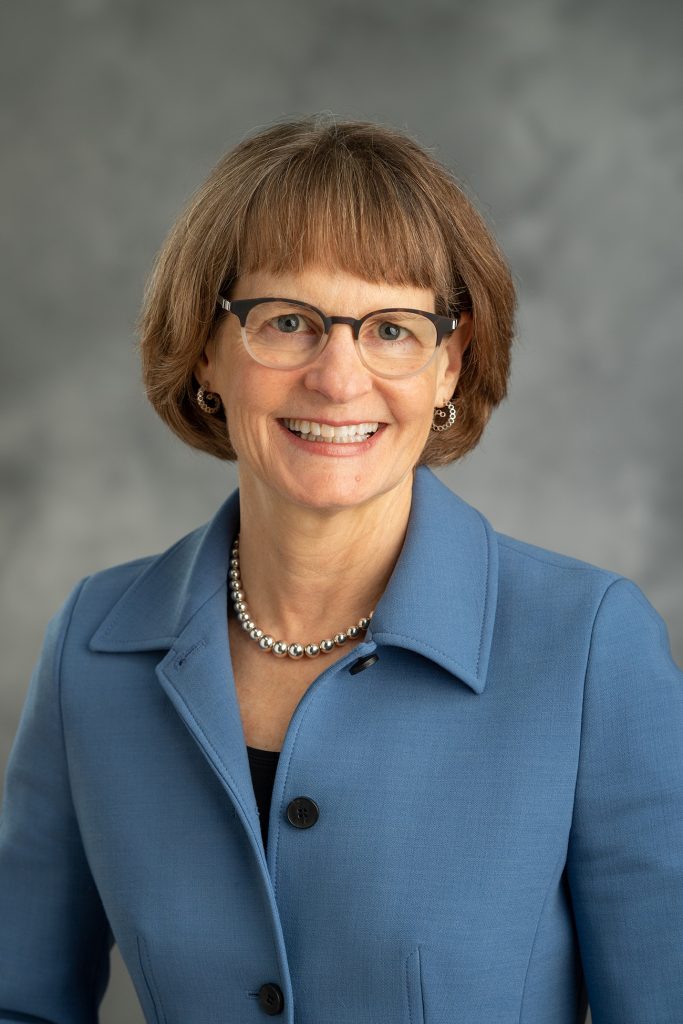
Dean Laurie McCauley
In schoolwide messages and events supporting faculty, students and staff, Dean Laurie McCauley has reiterated the school’s longstanding commitment to maintaining a welcoming space that promotes diversity, equity and inclusion in every aspect of the school’s mission. “We will always be united by our common goal of embracing our diversity and supporting every voice in our school,” she said in a schoolwide email. “In the words of Martin Luther King Jr., ‘We must accept finite disappointment, but never lose infinite hope.’ ”
Addressing the frustration voiced by many students, faculty and staff, Ester and Dr. Renée Duff, Assistant Dean of Student Services, in a message to the school on June 3, offered encouragement and listed several available U-M and dental school support services and events.
“The past few weeks have been deeply disturbing, painful and unacceptable for many of us. The repeated social injustices associated with systemic racism and institutionalized violence has been hard to witness. Feelings of heartache, frustration, outrage and helplessness, among others, have consumed us at times and made daily life even more challenging during this pandemic. As a school, we support those who are voicing their grief, anger and discouragement with systems that devalue Black lives. We oppose any system that disproportionately targets Black Americans and we stand against the disenfranchisement and oppression of Black and Brown communities. We seek to build an environment where all students feel safe, supported, included and able to achieve their maximum potential.”
On the day of George Floyd’s funeral, June 9, McCauley and Ester asked the dental school community to observe a moment of silence timed to the start of the funeral. “At that moment, we can champion and support two of our school’s core values – inclusion and compassion – as well as advocate for equal protection under the law for African Americans and an end to all violence and injustice against Black citizens.” They acknowledged a yearning by people across the country and in cities throughout the world, including students on the U-M campus, to declare that Black Lives Matter.
As a prelude to the three-part discussion series led by Manswell, the school’s Multicultural Affairs Committee organized an online “Sharing Circle” open forum on June 18 to “support, converse, listen and look for solutions together as we navigate this challenging time.” The following day, Dean McCauley invited members of the dental school community to join her for a Juneteenth observance held at the U-M medical campus. Hundreds of faculty, students, staff from across campus were joined by community members who gathered on sidewalks encircling the hospital. They knelt for 8 minutes and 46 seconds in a show of solidarity against racial discrimination and injustice.
Also in recent weeks, the school’s use of cultural climate surveys received national attention when Ester and faculty member Dr. Marita Inglehart were speakers on a webinar sponsored by the American Dental Education Association. It focused on how climate surveys can be used to enhance diversity, equity and inclusion in dental education. Inglehart, the school’s only faculty member in the behavioral sciences, is a professor of dentistry in the Department of Periodontics and Oral Medicine and an adjunct professor in the Department of Psychology in the university’s College of Literature, Science and the Arts. She helped found the school’s Multicultural Affairs Committee and has been a significant contributor to the school’s DEI initiatives and programs.
A continuing resource for students in the midst of the national movement involving race in America is the Counseling and Psychological Services (CAPS) program, which is available online during the coronavirus pandemic. Pamela Harnick, the dental school’s embedded psychologist, can be emailed at [email protected]. Information about individual clinical services including crisis or urgent support can be found on the CAPS website. Support for faculty and staff is available through the university’s Faculty and Staff Counseling and Consultation Office (FASCCO).


